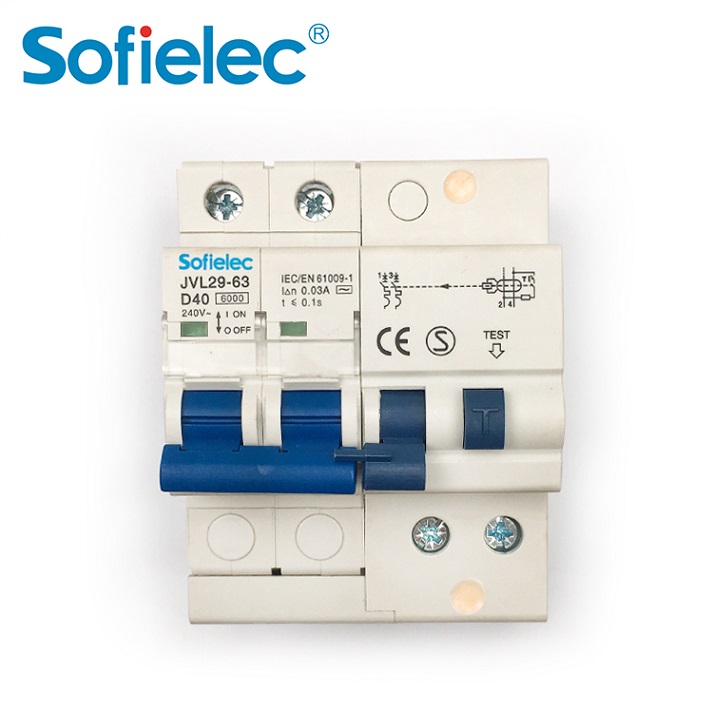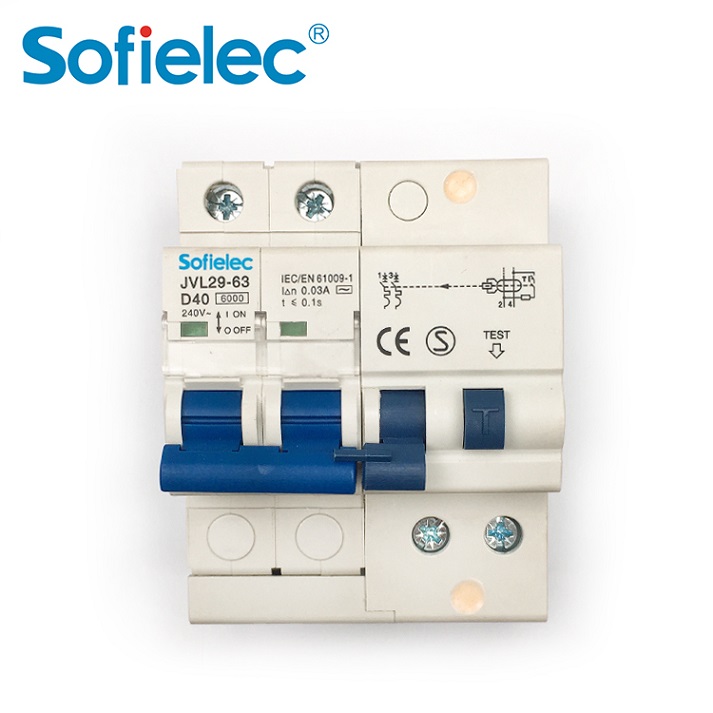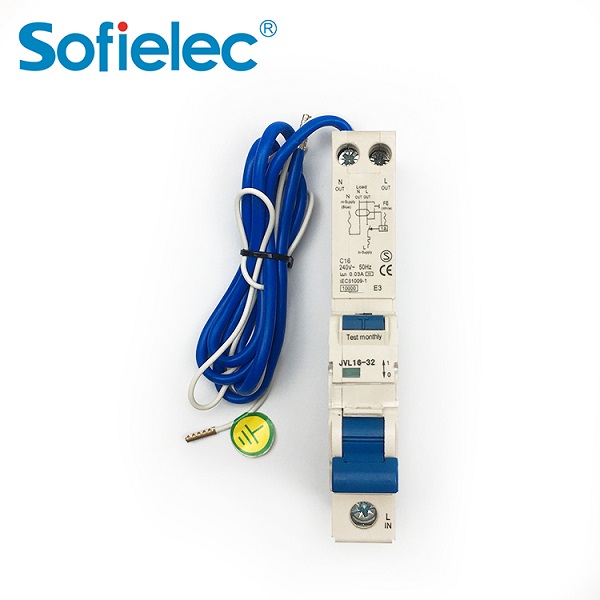How to choose a good circuit breaker?
Selecting the right circuit breaker is crucial for ensuring the safety and efficiency of electrical systems. A circuit breaker serves as a protective device that interrupts the flow of electrical current in case of an overload or short circuit. To help you make an informed choice, we’ll explore essential factors to consider when choosing a circuit breaker, divided into three main modules.
1. Circuit Breaker Type and Application
Breaker Type: Decide between different types of circuit breakers, such as Miniature Circuit Breakers (MCBs), Molded Case Circuit Breakers (MCCBs), and Residual-Current Circuit Breakers (RCCBs), based on your application needs.
Application Environment: Consider the environment where the breaker will be installed. For harsh or outdoor environments, choose a breaker with appropriate enclosure ratings like IP65.
Voltage Rating: Ensure the circuit breaker’s voltage rating matches or exceeds the system voltage to prevent potential failure.
Current Rating: Select a breaker with a current rating that aligns with the maximum load current of the circuit to provide proper protection without nuisance tripping.
Coordination: Check for coordination with other protection devices in the system to ensure selective tripping and avoid unnecessary outages.
2. Circuit BreakerPerformance and Reliability
Trip Characteristics: Evaluate the trip characteristics, such as thermal and magnetic trip settings, to ensure the breaker responds accurately to different fault conditions.
Interrupting Capacity: Ensure the breaker has an adequate interrupting capacity to handle potential fault currents without causing damage.
Durability: Choose a breaker with a reputation for durability and reliability, as this impacts its lifespan and performance.
Temperature Ratings: Verify the breaker’s performance across a range of temperatures to ensure it functions correctly in varying environmental conditions.
Testing and Certification: Ensure the breaker has been tested and certified by recognized standards organizations to guarantee its quality and compliance.
3. Features and Additional Considerations
Adjustability: Look for circuit breakers with adjustable settings for current and trip characteristics to allow for fine-tuning based on specific needs.
Indicators and Alarms: Consider breakers with indicators or alarms that provide visual or audible signals for status and fault conditions.
Remote Operation: If needed, choose breakers that offer remote monitoring and control capabilities for enhanced convenience and management.
Ease of Installation: Opt for breakers that are easy to install and maintain, with clear instructions and accessible design.
Cost and Warranty: Compare the cost with the features offered and check the warranty terms to ensure long-term value and support.

4.Conclusion
Choosing the right Circuit Breaker involves evaluating various factors such as type, performance, and additional features to ensure optimal protection and functionality. By considering these aspects, you can select a circuit breaker that meets your specific needs and enhances the safety and efficiency of your electrical system.



